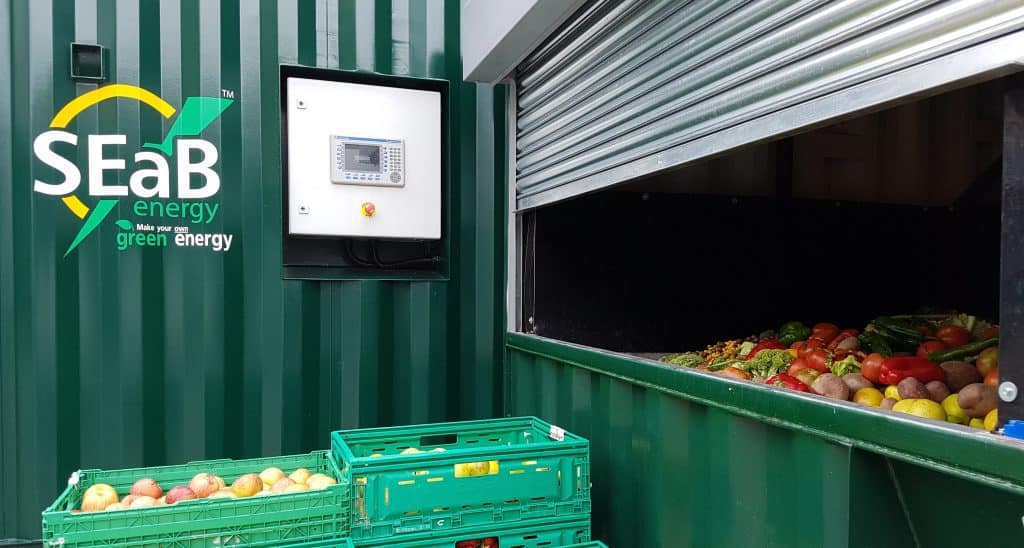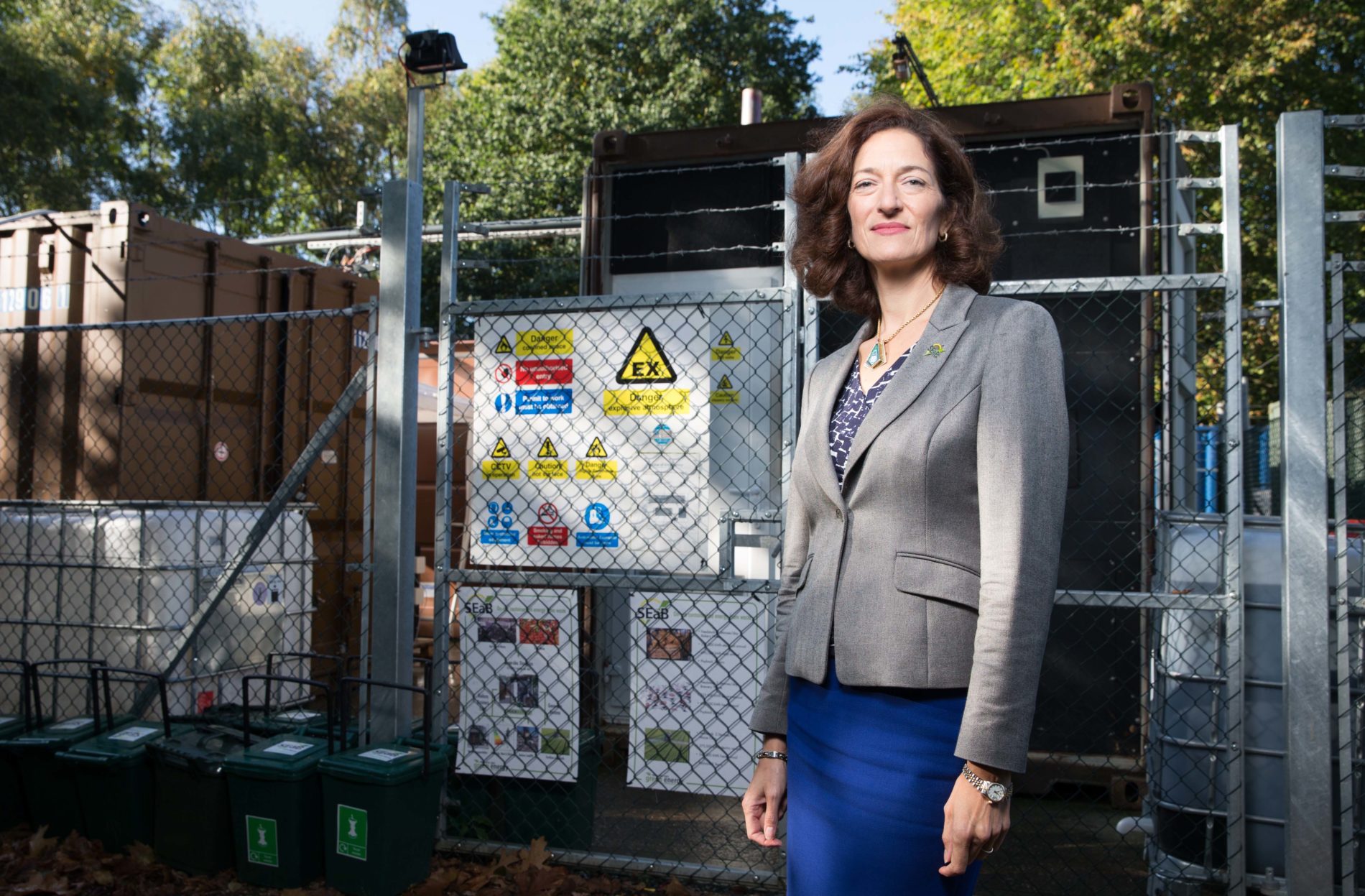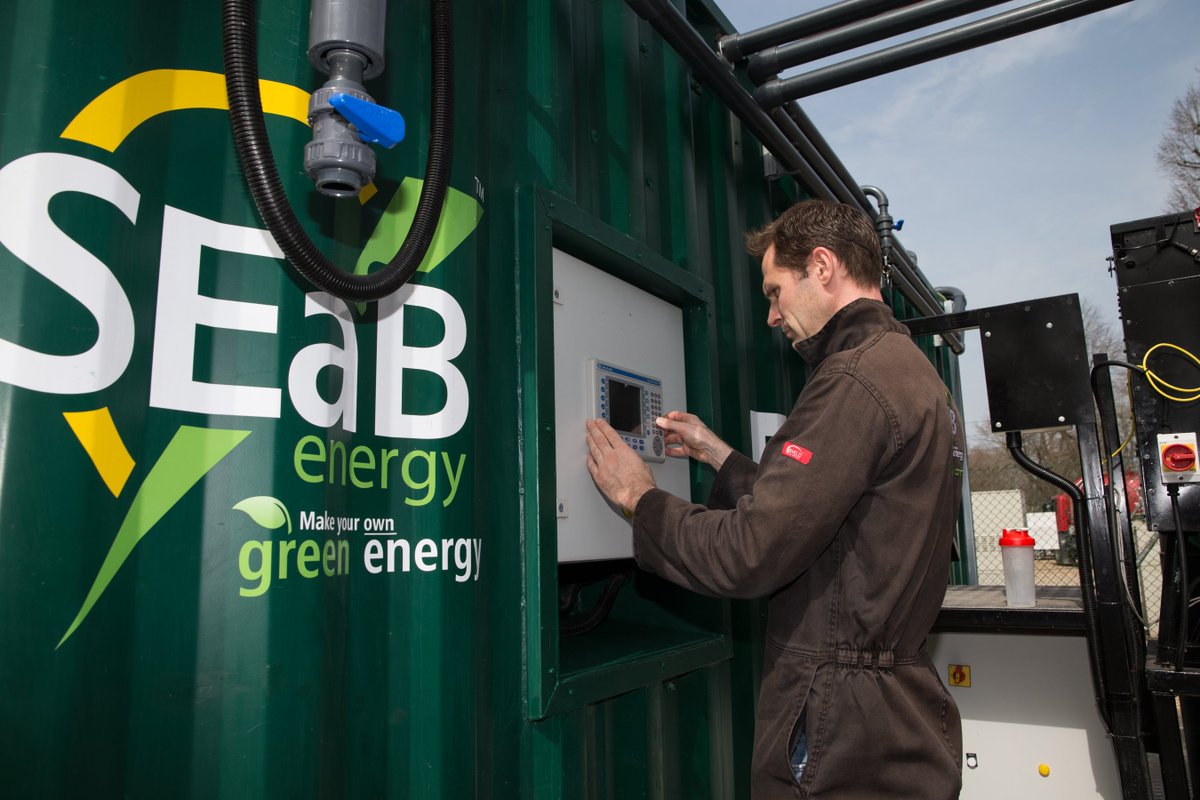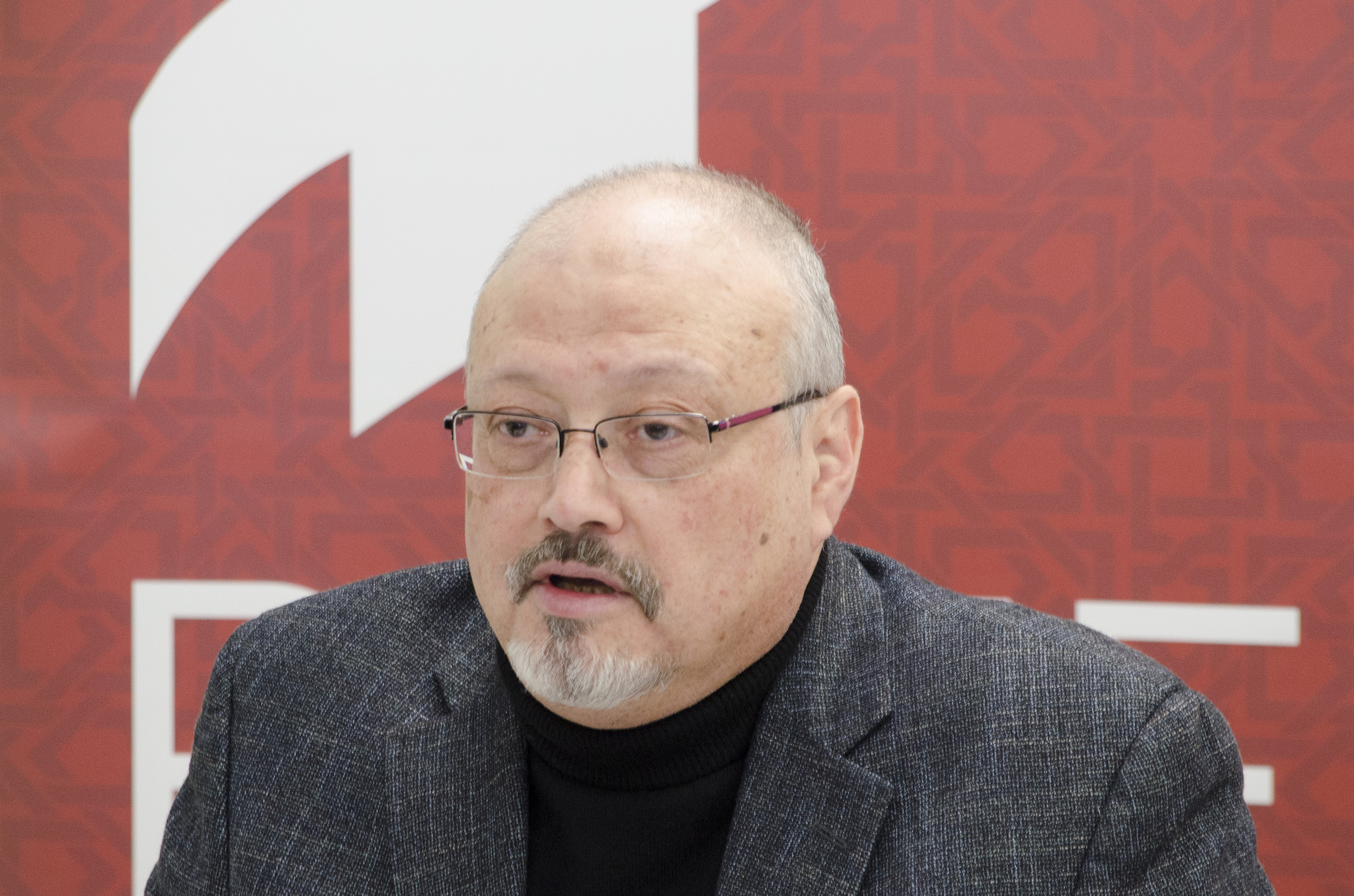Waste managment and disposal are some of the most serious challenges in the path towards more sustainable cities. SEaB Energy believes waste has potential and should be used in a better way: its Anaerobic Digester – turning waste into biogas and then into energy or heat – could play a key role in the transition towards more “circular cities”.
Today, Impakter is interviewing Sandra Sassow one of the Co-founders of SeAB Energy. She is no stranger to successful business development – having worked and developed other projects in the past – but this could turn out to be her most interesting work as it could have a positive impact all over the world.
Can you share with us the story of your company?
Sandra Sassow: Me and my husband Nick are the two Co-founders of SEaB Energy. Nick was one of the founders of PwC’s Renewable Energy Practice. They started advising gas and oil companies on renewable energy strategies about twenty years ago.
Me and Nick looked at the possibility of investing in the same market: we looked at wind turbines, bio-fuel, and other energy related options, but in 2008 the investment market was not very interesting and we decided to start our very own business of distributed power generators.
We ended up developing both a small wind turbine and an anaerobic digestor. Our team put together the products and had a small wind turbine available to test and go through the accreditation process within 14 months from starting the business; we also had a micro anaerobic digestor producing biogas within 6 months from starting the business.
At that point we went back to the market to understand how these could fit into it. We found out wind turbines were going to have issues with permitting in Europe and the tendency was they were mainly moving offshore.
We had to make a decision: in terms of funding we did not have the possibility to fund both projects. The wind turbine required more development and more testing, while the anaerobic digestor needed to be continuously developed as integrated solution. We looked for funding but were actually unsuccessful at getting money at the evaluation we wanted and we anchored down.
Our decision was to move forward only with the anaerobic digestor as the main product for SEaB Energy. We applied and obtained a second grant which allowed us to test the second version of our product. We went from the size of 40-foot shipping container to 20-foot shipping container, because that is what the market asked us.
The permitting process in order to take the product to market has proven to be very complicated for the anaerobic digestor. It is very hard to get in each country getting a planning permit, a permission to connect to the grid, an authorization for the byproduct. Each geography seems to have a different regulatory constraint and that slows down our access to market.
We have done five versions of the machine and tested it with live clients. The first unit was outside a container, the second was inside. Version three was in a 40-foot container and although some clients were happy, the majority wanted a 20-foot container.
Our unit has the best value on the market and we are working in four countries – France, Portugal, UK and USA – where we know we meet the regulatory environment and we are currently evaluating to expand in twelve more countries.
 In the photo: Sandra Sassow with the Anaerobic Digester Machine. Photo Credit: SeAB Energy
In the photo: Sandra Sassow with the Anaerobic Digester Machine. Photo Credit: SeAB Energy
Can you explain how does your machines work?
Sandra Sassow: In the anaerobic digestion, bacteria eat the waste in an air tight environment. There are specific bacteria that when are exposed to oxygen actually die. There are two advantages associated with this process: the composting bacteria eat the waste and break down or convert the waste into components that can be then disposed.
Biogas is generated with this process. Biogas is then used to fuel a CHP engine which provides electricity and heat. Bacteria consume a solid portion of the food waste; we are currently working with food waste but have also tested horse yard waste, and other things that are not very suitable for a wet anaerobic – they would be more suitable for a dry system which is not what we are currently doing.
The smaller system takes 400 kg of food waste per day. That will power a 10 Kw engine running continuously in the back of the unit.
Our current clients include supermarkets chains, the NHS, and also large corporates, or campus-based organization. There is also a university among our clients and this shows our machine could totally work in any University campus. We are also integrating the machine in a waste water treatment facility and doing a couple of others projects with the local governments.
The environmental impact of our machine derives from two factors: we take away the waste removal from the streets and we use the same waste to generate energy. In the current system waste is collected and taken to places where it is processed. Then it becomes energy that is used in the same places where the waste was previously collected.
 In the photo: The SeAB Energy Machine. Photo Credit: SeAB Energy
In the photo: The SeAB Energy Machine. Photo Credit: SeAB Energy
What have been the greatest challenges related to this project?
Sandra Sassow: Regulatory limits have been the greatest challenge so far. Luckily, we are backed up by groups that are helping get the message out and are helping to reach out at Government or local level.
Regulations are the greatest challenge as they are not up-to-date with the current technology. If there are rules on the use of gas in buildings, why there can’t be rules on the production of gas in the same buildings?
I believe cities in the future should have an integrated waste management system producing electricity with local grid injection points. For this to happen many regulatory bodies have to agree.
Unfortunately, rules have not evolved at the same pace of tech and this does not help any new technology to come into the market. It is a serious problem for new tech companies. Those delays could block projects or even – worst case scenario – force companies to shut down.
In the cover photo: SeAB Energy Anaerobic digester “eating” food waste . Photo Credit: SEaB Energy
EDITOR’S NOTE: The opinions expressed here by Impakter.com columnists are their own, not those of Impakter.com



 In the photo: Sandra Sassow with the Anaerobic Digester Machine. Photo Credit:
In the photo: Sandra Sassow with the Anaerobic Digester Machine. Photo Credit:  In the photo: The SeAB Energy Machine. Photo Credit:
In the photo: The SeAB Energy Machine. Photo Credit: 






